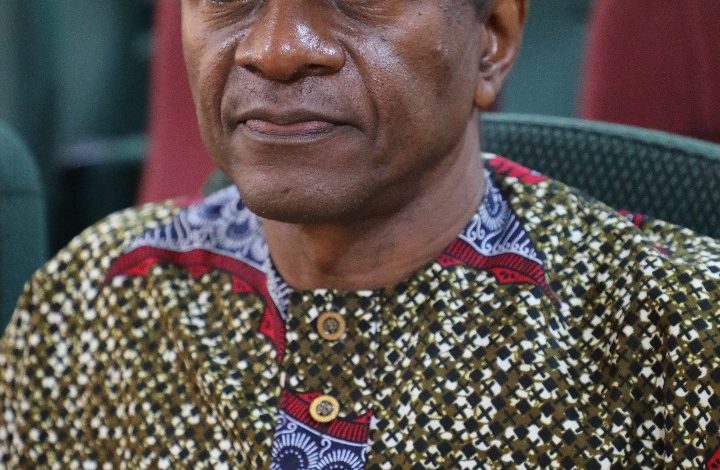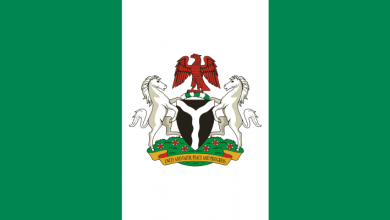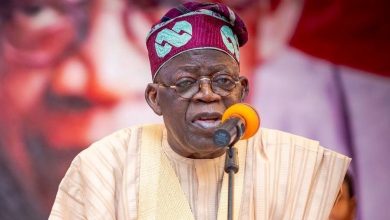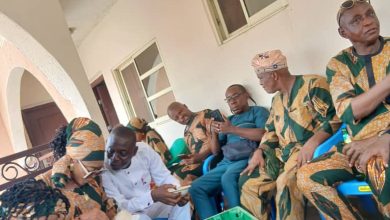
By IfeanyiChukwu Afuba
It surely sounds radical to say that the legislature is not there, yet, in the Fourth Republic democracy. And this is not implying that the legislature was impactful in the first and second republics. The defence for the low performance of the Legislature is that it had always been a casualty at each turn of coups and counter coup; denying it the strength of cumulative growth and experience. However, after twenty-five years of unbroken democracy since 1999, this exoneration can no longer hold. Sadly, today, the situation has not changed. The average Nigerian barely knows that the Parliament exists. And this is not necessarily about being literate and informed. Even among educated Nigerians, there’s little consciousness about the contributions of the institution to the democratic order. Nigeria’s democracy struggles on, not because of the legislature, but in spite of the legislature. Has the legislature as an elected arm of government added value to governance in Nigeria? What return does Nigeria get for the fortune it spends on the federal and state parliaments? When our legislative houses go on their quarterly recesses, do Nigerians miss them? What can Nigerians do to make the Legislature responsive? Or will reforms give the institution the required push? What kind of reforms?
In the core area of parliamentary mandate, we see the third arm of government lagging behind on crucial issues of State. Yes, the federal and state legislatures have passed some Bills and amended some laws within their jurisdictions. But how important were these enactments? Besides the routine appropriation and supplementary appropriation Acts, could the bulk of the legislations be adjudged essential or appropriate for people – oriented development? This is a democratic dispensation – a long, hard – fought gain. An assessment of contributions of the legislature should centre around our democratic fortunes. And for the added reason that this arm of government is considered as the sanctuary of democratic culture. But as we all know, the grundnorm of this process, in this case the 1999 Constitution (amended) is a product of military coercion. The provisions of the Constitution were arbitrarily determined by a few dozen Nigerians and the ensuing document was never subjected to a referendum. In the face of this faulty foundation, the legislature was expected, as a matter of priority, to embark on remedial measures to produce a legitimate and popular Constitution.
Even as we concede that birthing a new Constitution in the prevailing circumstance is an arduous task, the next manageable alternative, namely piecemeal amendment, has so far been disappointing. The constitution review has left fundamental issues of the Nigerian federation for peripheral matters of administration. Of the 16 Bills in the fifth alteration series, only two, which granted States the power to operate railways and electricity systems, had strong political, socio – economic significance. The third addition to the concurrent list, States’ control of prisons, is of no real value. As it were, States are choking under a revenue sharing formula that gives the federal government fifty – two percent as against twenty – four percent to States. This revenue sharing law was inherited from the years of military rule. So, what kind of democratisation has taken place in twenty – five years of elected government when an iron law of unitary rule is still in force? How could the legislature not recognise that the supremacy law that governed military rule was antithetical to the organic equality of democracy? How could the legislature not appreciate that this anti federalism, anti development law should have been long amended. Now,
to give States additional responsibilities without corresponding increase in revenue rights, is all motion without progress.
Another key amendment that the Legislature, led by the national assembly, has steered clear from is that of taking away the power of the President to appoint the leadership of the INEC. The merit of the change is so obvious. It’s a recommendation that has been waiting since 2008. No one has offered a more compelling formula for an independent body than the proposal of the Mohammed Uwais Electoral Reform Panel that the Chief Judge nominate members of the electoral body. The recommendation was also adopted by the 2014 National Conference. Yet, Nigeria’s crises of disputed elections centres mainly on the ruling party’s influence on the electoral body’s leadership. The first, second and stillborn third republic all crashed over succession crises arising from controversial elections. While we have mercifully been spared of coups in over twenty – five years, the conflicts sparked by non transparent elections take it’s toll on deepening political instability. It’s mind boggling that the political class do not appreciate the wider implications of this scenario. For how long will the legislature continue it’s ostrich game? And there is no prize for situating the paralysis of the legislature on this issue.
The legislature is still under the apron strings of the executive. Generally, public service in Nigeria is about private interests. There’s at best half – hearted efforts by those in government, elected and non elected alike, to deliver on the welfare of the citizenry. The legislature largely refrains from holding the executive accountable. It does so under the ruse that a responsible legislature should not confront but cooperate with the executive as partners in government. The reality however, is that the executive has taken advantage of widespread poverty and society’s lack of democratic consciousness to enthrone itself as the ultimate power. The President and Governors have the resources to bend the legislature to do their will. Except in rare situations where the head of government has no special candidates, the choice of principal officers is made by the chief executive and handed down to members for execution. A new presiding officer replacing an impeached colleague knows too well the wisdom of getting into the good books of the President/Governor. Some Speakers of State Houses of Assembly compete with the Information Commissioner in eulogising the Governor on perceived achievements. And themselves and body of members would not find this embarrassing – provided the presiding officer is one who makes the goodies go round. The ease with which executive bills sail through in Nigeria’s parliaments without proper scrutiny is a pointer to institutional weakness. Indeed, there have been cases where executive bills were sped through all legislative processes at one sitting and passed into law!
We see the subservience of the Legislature on display when the Governor is at odds with the Deputy Governor. Immediately, the once cordial relations between the first and second citizens breaks down, the Legislature turns itself into an extension of the Governor’s Office. No meaningful effort will be made to mediate in the conflict and seek resolution. A mediator requires a certain leverage to broker reconciliation between warring parties. Ordinarily, our Legislatures, especially at State level, lack this reach. Sadly, the loss of clout is self inflicted. On the war with the Deputy Governor, the Legislature comes to the defence of the Governor blindly, you may say. A transaction takes place and before you say impeachment process, the Legislature flying at the speed of sound, has completed proceedings and found the Deputy Governor guilty of gross misconduct! It doesn’t bother the Legislature if the removal drama is completed in one day or a court says, wait a minute, there are objections on fundamental issues of requirements and procedure. What is important is to deliver on the bargain with the man who has access to the treasury.
However, the exception to the inferiority status of the Legislature before the executive is when it has to do with members’ earnings and other financial benefits. Any attempt to whittle down their stupendous entitlements draws out their fangs. Heads of federal and state governments have chosen to concede to the lawmakers on this score. Nigeria’s federal and state legislatures would rank among the world’s parliaments drawing big emoluments for the least work. After collecting the hefty pay fixed by the Revenue Mobilisation & Fiscal Allocation Commission, our legislators retire to their chambers to approve sundry allowances for themselves that end up higher than the initial bonanza. The real scandal of these acquisitions lies in the fact that a member needs to attend sitting only for SIXTY days in a (legislative) calendar year to qualify for the jumbo disbursements. This explains why when television cameras beam sitting sessions, we find many empty seats. But even this is still a tip of the scandal. The legislatures would go further to demand fat envelopes from nominees for various appointive positions. The rot does not stop there. Civil and public servants with invitation for budget defence know the disappearing act that happens to their estimates if they honour the summons without bulging bags. And financial harassment of public and private establishments continues at committee levels.
It should suffice to outline here that Nigeria does not need a bicameral legislature at the federal level. The Senate, structured on equality of states can handle all legislative responsibilities at that tier of government. An additional legislative body is a wasteful duplication with consequences of time, resources, manpower and overheated system. But the real tragedy of our legislative democracy is the utter resignation of the electorate. The condescending posture of the typical political office holder is aided by the citizen’s complacency in the face of misgovernment. Nigerians have yet to demand accountability from her leaders in an organised and consistent manner. Nigeria’s civil society should rise to articulate an irreducible code of conduct that our legislators must subscribe to. There are ways within the law of putting to task those who neglect to meet the standards. Religion is of great influence in the lives of Nigerians. Let religious organisations hold Democracy Day events with the highlight devoted to legislators giving account of their stewardship. Town unions too can and should organise town hall meetings for question and answer sessions with elected representatives in government. This path of close engagement promises to be the beginning of the end of taking the people for granted.




